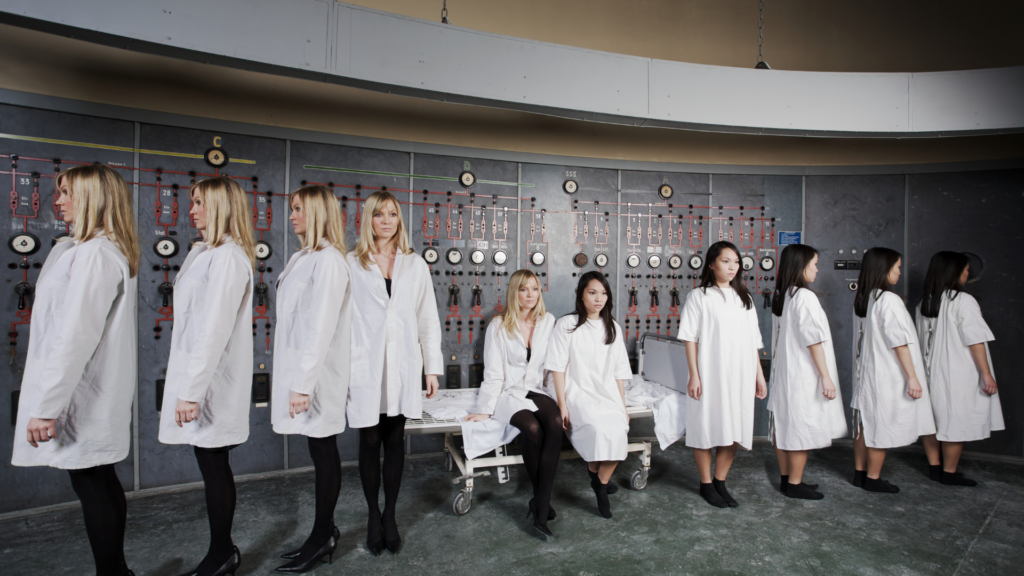With the advances in genetic engineering and modern science, cloning humans might not be too far off, or it may already be happening. Several scientists now say that the technology is feasible, with some cloning experts even going so far as to say that it’s inevitable.
What is Cloning?
Cloning is the process of identically copying a person or something. Theoretically, this could be done by taking a person’s DNA and using it to create a new, identical individual. While cloning has been accomplished with animals, it has yet to be done with humans. Many ethical and practical concerns need to be addressed before human cloning can become a reality. For example, it is not clear what the long-term effects of cloning would be on the health of the clone or how clones would integrate into society.
Still, some scientists see closing as a way to help people who are struggling with infertility or other medical conditions that prevent them from having children. Others believe that clones could be used for organs or tissue transplants, which could save countless lives each year. No matter what your opinion is on human cloning, it’s important to stay informed about the latest developments in this field. It’s an issue that is sure to generate a lot of debate in the years to come.
What to Expect from Human Cloning
Human cloning has been debated by scientists, ethicists, and the general public for many years. The potentials of human cloning include the production of organs and tissues for transplantation, the creation of some genetically identical humans for research purposes, and the generation of new cell lines for drug testing.
However, there are also many potential risks associated with human cloning, such as the development of genetic abnormalities, ethical concerns over the creation of “designer babies”, and the possibility of misuse by governments or other entities. Despite these potential risks, some scientists believe that cloning humans are inevitable and that we must begin to prepare for its arrival.
They argue that clone technology can create much-needed organs and tissues for transplantation, generate new cell lines for drug testing and produce genetically identical humans for research purposes. However, others remain highly sceptical about the feasibility and safety of cloning humans and believe that it should be banned altogether.
Implications for the Future of Human Cloning
The future of cloning humans is here, and it’s scarier than you thought. With the recent advances in technology, it is now possible to clone human beings. This process is called somatic cell nuclear transfer (SCNT), and it involves extracting some nucleus from the donor cell and then implanting it into an egg. The egg is then stimulated to divide and grow into an embryo.
SCNT successfully cloned animals like Dolly the sheep but attempts to clone humans have so far been unsuccessful. However, some believe that it is only a matter of time before someone manages to clone a human being.
There are several implications for the future of cloning humans.
- Cloning humans can lead to the creation of designer babies. Parents could choose to have their children cloned to ensure that they inherit their good genes. This could create new eugenic forms where only the wealthy can afford to have their children cloned.
- Cloning humans could be used for reproductive purposes. infertile couples or same-sex couples could have a child that is genetically related to one or both parents. This would be a very controversial use of cloning humans, and there would likely be a lot of public opposition to it.
- Human cloning can be for therapeutic purposes. If one was born with a serious genetic disease, they could be cloned and the clone provides healthy tissue for a transplant. It is going to be a life-saving procedure, but it is also ethically controversial as it would involve creating a human being solely to provide needed organs for another person.
All of these implications show that cloning humans are a very complex and sensitive issue. There are both potential benefits and risks associated with this technology, and we must consider them carefully before moving ahead with any kind of human cloning.
While the future of cloning humans is still somewhat uncertain, it’s clear that technology is progressing quickly. As more and more countries begin to legalize cloning, we will likely see an increase in the number of clones in the world. This could have a major impact on society, and it’s important to be prepared for what lies ahead. Are you ready for the future of human cloning? Do more research or explore our blog!




